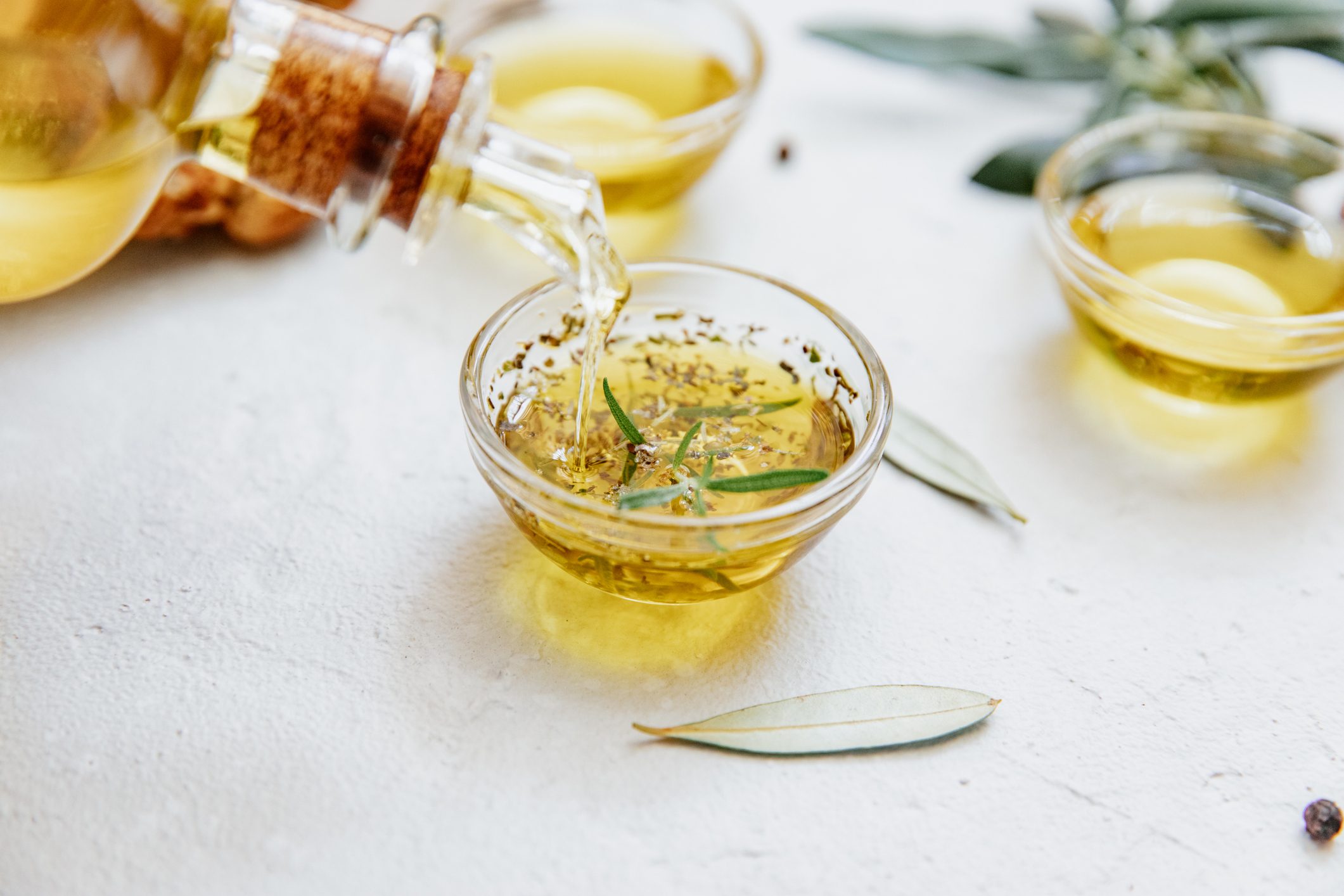Ginger, lemon, honey and more: Is there a "natural antibiotic" that stands out in fighting infections? Here's what leading medical doctors told us.

What’s the strongest natural antibiotic? $^TE$&*I)($%^&*()*&^%$#%^&*()_(*& < > < ? ?/@>*

Antibiotics are essential in fighting bacterial infections. However, growing concerns about antibiotic resistance and their potential impact on gut health and antibiotic resistance have prompted many to explore natural alternatives, or “natural antibiotics.” While it’s critical to follow your doctor’s advice and take antibiotics when prescribed, natural remedies may have a place to complement conventional treatments by strengthening the immune system, helping to prevent certain infections, and supporting overall health.
The fields of functional and integrative medicine often turn to herbal remedies for these purposes. “That’s based on our clinical experience, review of medical evidence and the hundreds of years of traditional use of herbs. But it can be very hard for the average consumer to know what to look for, what to stay away from and how to use natural medicines safely,” shares Melissa Young, MD, an integrative medicine specialist from the Cleveland Clinic.
Dr. Young further explains in the institution’s Health Essentials blog that when people refer to “natural antibiotics,” they’re actually talking about natural antimicrobials. These are plant-based products and compounds that may help protect the body from harmful organisms, though they don’t necessarily kill bacteria outright.
Below we review expert insights on natural antibiotics, including if there is a best natural antibiotic for tooth infections.
What is the strongest natural antibiotic?
When it comes to natural antibiotics, several options stand out for their potential benefits and historical use. However, it’s important to note that there isn’t enough scientific evidence to definitively crown one as the “strongest” natural antibiotic.
According to Mike Sevilla, MD, a board-certified family medicine physician based in Ohio, some of the most frequently discussed natural antibiotics include garlic, honey, ginger, and echinacea. “It is not exactly understood how these supplements help fight bacteria, but we do know that each of these substances has antioxidant, anti-inflammatory, and anticoagulant properties,” he explains.
Each of these natural remedies offers some unique benefits:
- Garlic: Known for its high allicin content, garlic may help inhibit bacterial growth. It’s most effective when consumed raw or lightly crushed.
- Honey: Particularly manuka honey, it acts as a natural wound healer and antibacterial agent due to its hydrogen peroxide and methylglyoxal content.
- Ginger: With its anti-inflammatory and antibacterial properties, ginger can be consumed fresh, in teas, or as a supplement to support overall health and fight infections.
- Echinacea: Popular for boosting the immune system, it is often taken as a tea or supplement to help reduce the severity and duration of colds and infections.
Another option is oregano oil, which contains carvacrol and thymol—compounds with strong antibacterial and antifungal properties. It is often used in diluted form for topical applications or as a dietary supplement to support gut and immune health.
Dr. Young offers an important reminder: Even natural remedies should be used in moderation. Prolonged self-treatment with natural antimicrobials can disrupt the delicate balance of gut bacteria, much like with traditional antibiotics. It’s always best to take these supplements under supervision of a healthcare provider.
What is the strongest natural antibiotic for tooth infections?
While natural remedies can complement oral health, there isn’t enough scientific evidence to declare a single “strongest” natural antibiotic for tooth infections. If you suspect an infection, it’s essential to consult a dentist or healthcare provider for appropriate care.
For prevention, one India-based study suggests that an herbal mouthwash containing clove, basil, and tea tree oil may help reduce bacteria associated with dental plaque, cavities, and gum disease. However, it’s important to note that these findings are preliminary.
Erik Modlo, MD, a functional medicine specialist with the Cleveland Clinic, offers an important caveat: This study compared the herbal mouthwash with an essential oil mouthwash, not the ADA-endorsed mouthwashes commonly found in drugstores. Products carrying the American Dental Association (ADA) Seal of Acceptance have been rigorously tested to ensure they are both safe and effective for promoting good oral health. “So, we don’t know how the clove-based herbal mouthwash compares with ADA-endorsed mouthwashes,” explains Dr. Modlo.
Some individuals apply clove oil directly to the gums to alleviate toothache pain. However, Dr. Modlo advises caution, as clove oil can irritate the gums, cause burning sensations, and lead to inflammation. Always prioritize professional advice when managing oral health issues.
What to consider before taking natural antibiotics
Before incorporating natural antibiotics into your health routine, it’s important to approach them thoughtfully and with proper guidance. While these remedies can be effective, they’re not a one-size-fits-all solution. Here are key considerations to keep in mind:
- Consult a healthcare professional: Always speak with a doctor or qualified healthcare provider before starting any natural supplement, especially if you’re pregnant, nursing, or taking prescription medications. Some natural antibiotics can interact with medications or exacerbate certain health conditions.
- Dosage and duration: Natural doesn’t always mean safe in large doses or for extended periods. Overusing these natural alternatives, like their synthetic counterparts, can disrupt the balance of healthy bacteria in your gut and lead to other health issues.
- Quality matters: Choose high-quality, reputable supplements to ensure you’re getting a product that’s pure and effective. Contaminated or poorly formulated products can do more harm than good.
- Complement, don’t replace, medical care: Natural remedies should complement—not replace—professional medical advice and treatment, particularly for severe or persistent infections.
For a daily dose of wisdom, subscribe to The Healthy by Reader’s Digest newsletter and follow The Healthy on Facebook and Instagram. Keep reading:



















